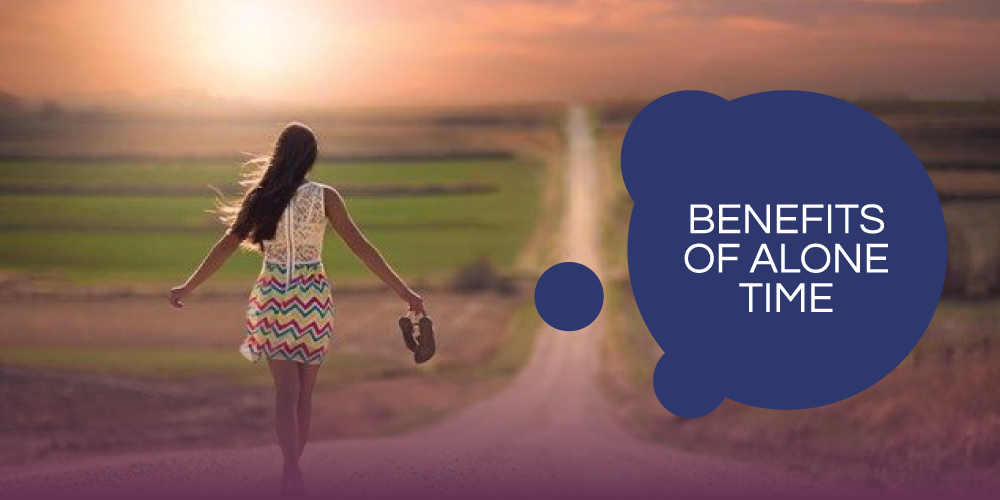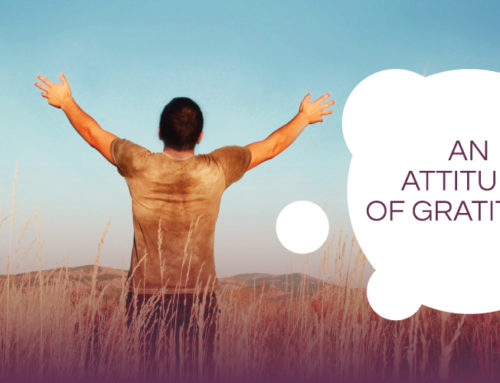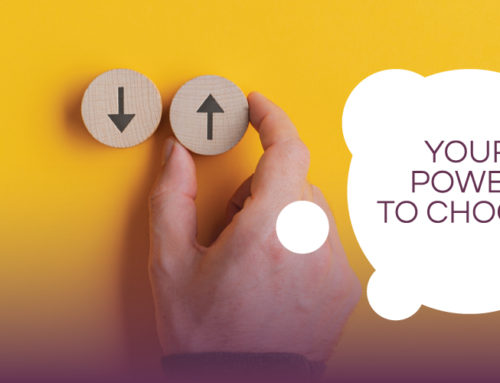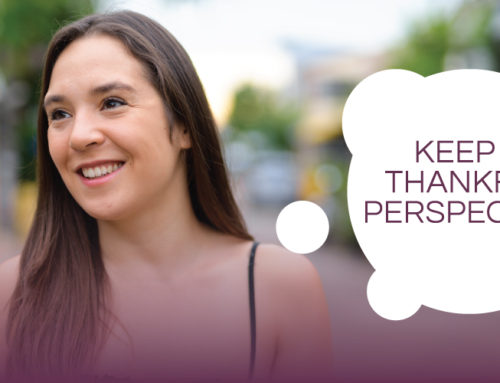“In solitude the mind gains strength and learns to lean upon itself” Laurence Sterne
COVID-19 has taught us about social isolation, seclusion, and the absence of human activity. We have felt the awkward discomfort of social distancing and home sheltering– and the solitude created.
Solitude is generally defined as the state of being or living alone; seclusion, remoteness from habitations, as of a place; absence of human activity.
It’s quite challenging for many of us to get used to solitude–or, alone time. Our minds are conditioned for activity, stimulation, and constant interaction. We find it hard to unplug—and we get bored so easily. In fact, studies have shown that our brains may even have a negative association with solitude.
But solitude is not all bad, say some social psychologists. They argue that solitude can help us reap healthy benefits– such as the recovery of a sense of self, a renewed connection with nature, an escape from sensory overload, stimulation of creativity, generating new ideas, or an awakening to our spirituality.
And solitude may also have hidden cognitive benefits. A recent New York University study recently concluded that students who studied solo had better recall, better study habits, and achieved better grades than students who did their studying with a group. So counter-intuitive, right?
With all these wonderful benefits, how do we overcome the negative perceptions and our natural resistance to the regular and consistent practice of solitude?
Mindfulness seems to be a great place to start, say psychologists. When we engage in meditation, and/or anchoring our attention to a single focus like our breath, the body and nervous system can gear down from operating under this relentless, high-stress, pandemic-driven state.
Mindfulness, and/or meditation, when combined with solitude, have been shown to significantly reduce stress hormones, cortisol, and adrenaline. This does wonders for our heart, brain, and immune systems. With a more peaceful state of mind, away from environmental distractions, we can re-discover a sense of balance and equanimity.
During just a few moments of alone time, “aka” solitude, we are positioned to experience more connectedness to the moment. We can experience our minds at work, and at play, being reflective, introspective, imaginative, and creative.
We can begin to enjoy what it is like to be with ourselves –and usher in feeling calm. And, as we learn to be alone, we can learn how to be brave and honest with how things are right now. In this way, practicing solitude increases our “resilience”—a word we have been writing about now for 27 weeks!
If we can cultivate our ability to be “okay” with being alone, and practice mindful solitude, we may come to appreciate that we can create all the conditions we need to be content with ourselves, even during these stressful and troubling times.
Embrace any moments of solitude this week, create a space to just be with yourself, if at all possible. Maybe “ you and you” are much more fun to be around than you thought—and “you and you” may need to get re-acquainted and have a private talk about what’s going on. Many have found answers and unexpected solutions in moments of absolute quiet and solitude.
Today, If you find yourself alone and have a moment of solitude, please take a few minutes to see what insights and answers will come to you as you get in touch with the deeper you.
Stay well.






